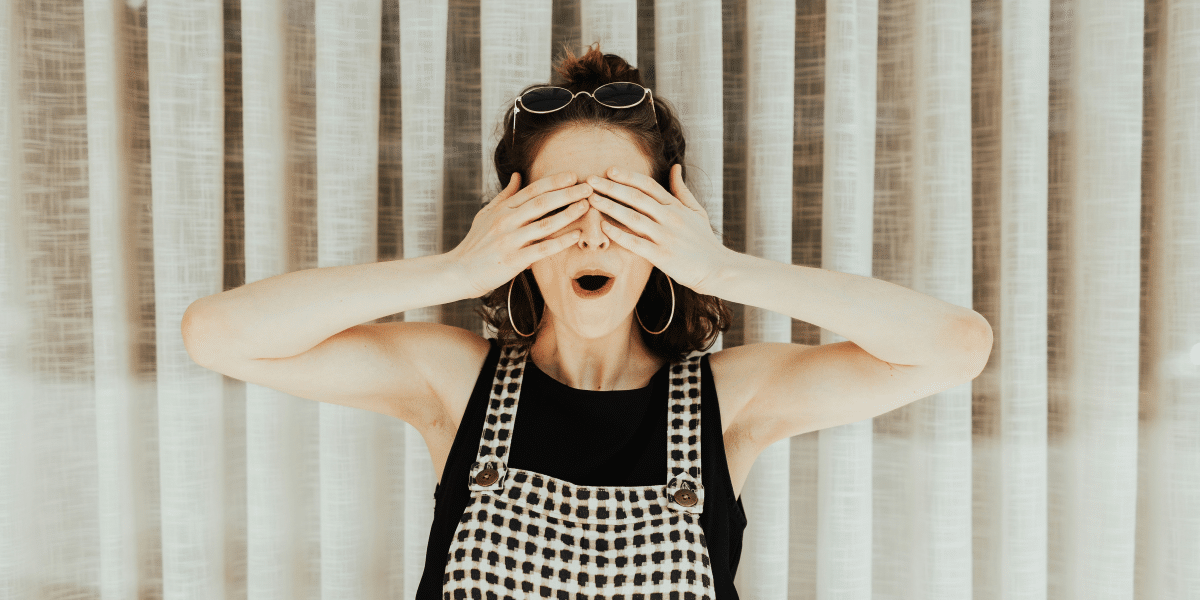Image Commercially Licensed from Unsplash
Are you interested in the potential benefits of Psilocybin mushrooms but feeling a little overwhelmed about where to start? Well, look no further – we’ve got all your questions answered! Get ready for an interactive and informative journey into the magical world of shrooms. We’ll cover everything from basic information about types of mushrooms, their safety, and legal status to more complex topics like dosages and exposure techniques. So whether you’re a novice or a veteran mushroom enthusiast, this guide will have something for everyone. Come explore with us some exciting possibilities as we dive into the fascinating realm of Psilocybin mushrooms!
Legal Status of Psilocybin Mushrooms
The legal status of Psilocybin mushrooms varies significantly across the globe, balancing between full prohibition and decriminalization. In the United States, these mushrooms are classified under Schedule I substances, meaning their possession, cultivation, or distribution can lead to severe legal penalties. However, some progressive cities like Denver, Oakland, and Santa Cruz have decriminalized Psilocybin mushrooms at a local level. On the other hand, countries like Canada permit the sale of psilocybin mushroom spores, though the possession of mature mushrooms remains illegal. In the Netherlands, while Psilocybin mushrooms are illegal, their truffle counterparts are legally sold in smart shops across the country. Always consult local laws before partaking in any activities involving Psilocybin mushrooms.
Safety Measures and Precautions
Navigating the world of Psilocybin mushrooms could be thrilling, but it’s paramount to prioritize safety. This section will walk you through the crucial precautions to ensure a safe and rewarding experience. We will discuss the importance of sourcing from reputable vendors, correct dosing protocols, possible side effects, and guidance on what to do during challenging trips. Let’s delve into these topics to ensure a healthy and enlightening Psilocybin journey.
Understanding Dosages
As with any substance, understanding the proper dosage is crucial for a safe and beneficial experience with Psilocybin mushrooms. The effects of shrooms can vary widely depending on the specific strain, the person’s body weight, tolerance, and individual physiology. A common question often arises: “How much shrooms should I take?“. While there is no one-size-fits-all answer, a beginner’s dose typically falls between 1 to 2 grams of dried Psilocybin mushrooms. This amount can elicit a mild to moderate psychedelic experience, enough for first-timers to familiarize themselves with the shrooms’ effects.
However, it’s important to note that even this range can be too much for some people. If you’re new to Psilocybin mushrooms or if you’re particularly sensitive, it might be prudent to start with a smaller dose. Also, bear in mind that the potency of these mushrooms can vary greatly, so always approach them with caution and respect for the substance. Lastly, if you’re wondering whether you can’t or can overdose on mushrooms, it’s virtually impossible to fatally overdose on mushrooms due to their low toxicity, but taking high doses can lead to intense and potentially distressing experiences.
Always prioritize safety, and consider seeking the guidance of more experienced users or professionals. The room has been used for centuries in traditional medicine and spiritual practices. In recent years, scientific research has begun to explore their potential health benefits.
Exposure Techniques
There are several methods to consume Psilocybin mushrooms, and each technique can influence the intensity and duration of the effects. The most common method is ingestion – either eating them fresh, dried, brewed into a tea, or incorporated into food. Eating them fresh or dried is the most straightforward approach, but the taste can be unappealing to some. Brewing them into tea or adding them to food can help mask the flavor.
Another method is the lemon tek technique, which involves soaking the mushrooms in lemon juice before consumption. This can potentially increase the potency and decrease the onset time of the effects. However, this method is usually recommended for more experienced users.
Microdosing is another approach that involves taking small, sub-perceptual doses of Psilocybin mushrooms. This method is gaining popularity for its potential benefits in enhancing creativity, productivity, and overall mood without inducing a full psychedelic experience.
Potential Health Benefits
Psilocybin mushrooms, popularly known as magic mushrooms, have been used for centuries in traditional medicine and spiritual practices. In recent years, the scientific community has begun to explore their potential health benefits more extensively. Early research indicates psilocybin’s potential in treating a range of mental health disorders, including depression, anxiety, PTSD, and certain forms of addiction. The compound is thought to ‘reset’ the brain’s connectivity, promoting long-term mental health improvements.
Moreover, individuals who have had psychedelic experiences with psilocybin often report increased openness and enhanced creative thinking. They may also experience “ego dissolution,” which can lead to a greater sense of connectedness to others and the world around them.
It’s important to note that the potential benefits of psilocybin are usually experienced when taken in a controlled, safe environment, often under the guidance of trained professionals. Despite the promising research, the exact effects of psilocybin are highly individual and can depend on various factors, including dosage, mindset, and setting. Always approach psilocybin use responsibly, and never self-medicate without professional advice.
Risks and Side Effects
Just as with any substance, using Psilocybin mushrooms may come with certain risks and side effects. The most common adverse effects include nausea, increased heart rate, dry mouth, sweating, and changes in blood pressure. Some users may also experience a distorted sense of time, intense emotional swings, and unpredictable psychological effects such as anxiety, panic attacks, or in rare cases, temporary psychosis. In individuals predisposed to mental health disorders, particularly schizophrenia, Psilocybin mushrooms could potentially trigger or exacerbate symptoms.
As Psilocybin mushrooms are hallucinogens, they can create perceptual changes, including vivid visual and auditory hallucinations. These effects can be overwhelming or frightening, especially for inexperienced users or if consumed in a high dose or inappropriate setting. It’s also worth noting that while Psilocybin mushrooms are not considered physically addictive, they can lead to psychological dependence. Always use these mushrooms responsibly, and seek professional advice before use.
So if you’re interested in do magic mushrooms go bad or not, the answer largely depends on how they’re stored. Prolonged exposure to light and air can cause them to lose potency, but as long as they are properly preserved in a cool and dry place, their effects should remain stable for up to one year.
Conclusion
In conclusion, Psilocybin mushrooms, sometimes referred to as magic mushrooms, hold an intriguing potential for mental health treatment and personal growth. However, their use is not without risks, and it’s crucial to approach them with respect and caution. Potential users should familiarize themselves with appropriate dosages, exposure techniques, and possible side effects. As research continues to unfold, we are likely to gain further insights into the benefits and drawbacks of these fascinating fungi. Always remember to seek professional advice, ensure your setting is appropriate, and never self-medicate without proper guidance. The psychedelic experience can be profound and life-altering, but it must be approached responsibly.
Visit Think Mushrooms for more information on psilocybin.












